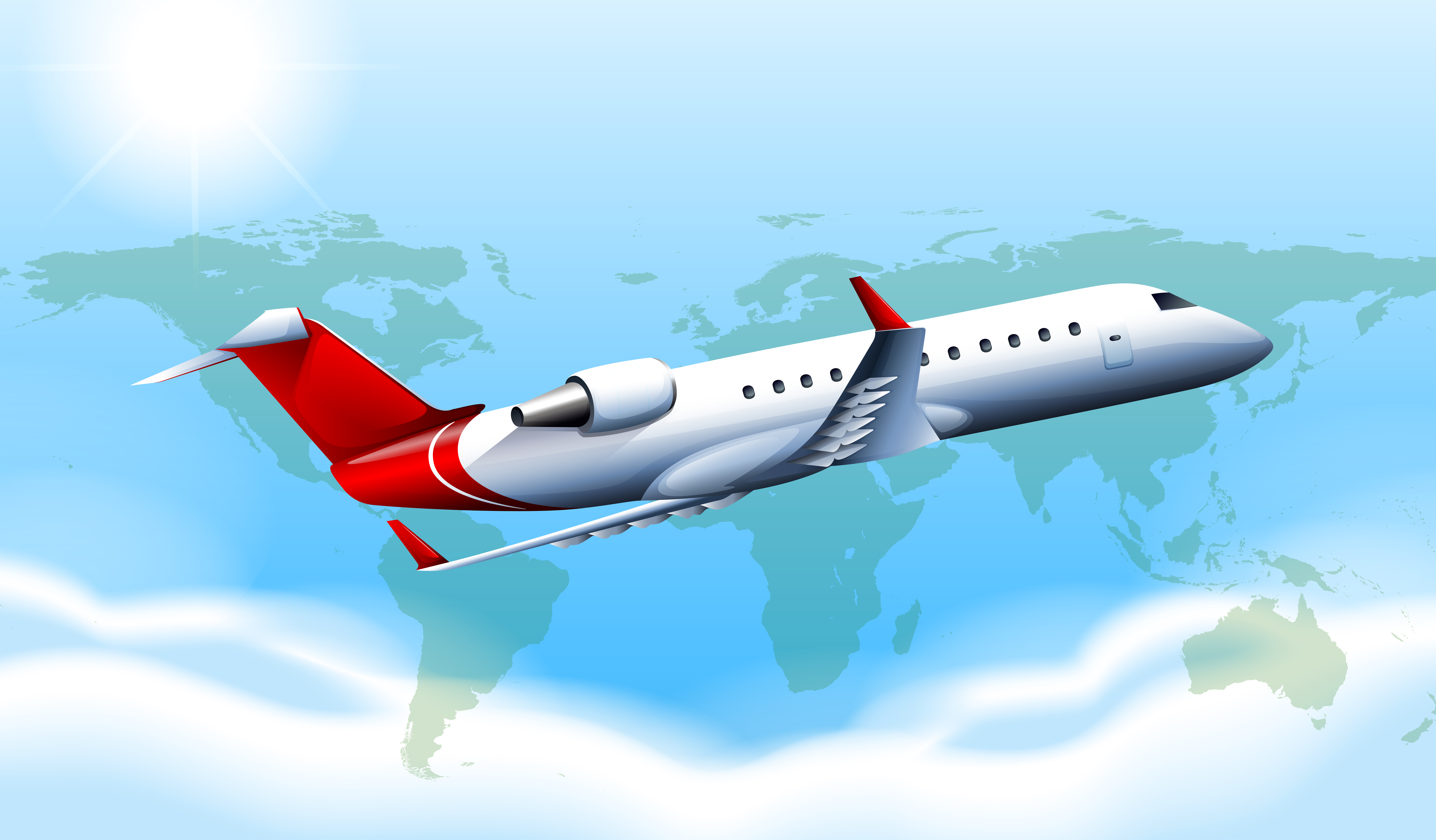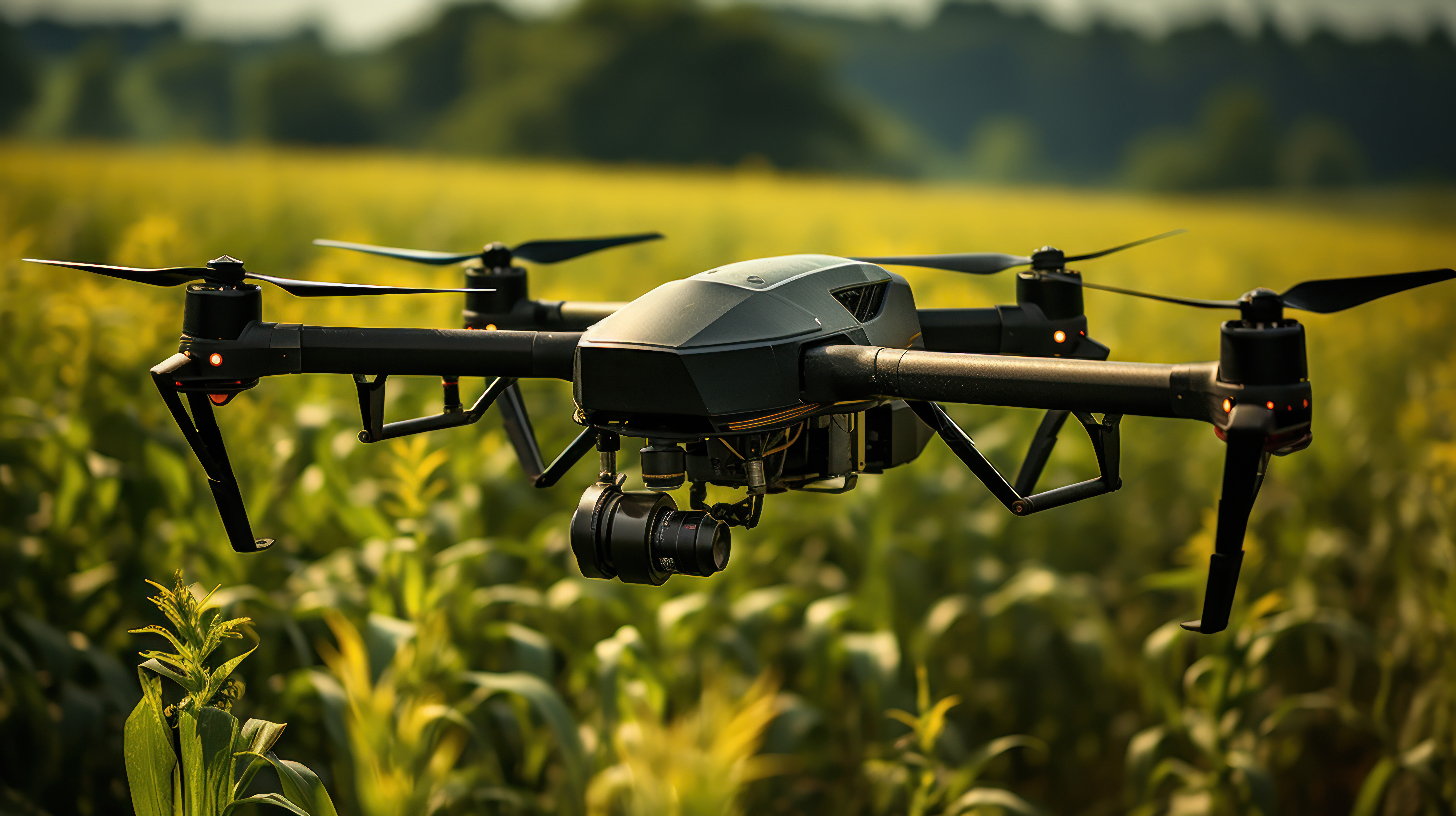Aerospace Advancements: How Geopolitics is Influencing Global Air Travel

Innovation, engineering skill, and global dynamics have long been fascinatingly combined in the aerospace business. However, the interplay between geopolitics and aviation has become more intricate in recent years, influencing our future flying habits, technological advancements, and flight paths. This site seeks to disentangle the complex web of geopolitical impacts on international air travel. I have 10 years of experience as a senior content writer, and I have seen firsthand the enormous impact that these issues have on aeronautical progress.
The interaction of political, economic, cultural, and geographic elements that influence international relations is known as geopolitics. This translates to how countries balance their interests in trade agreements, airspace management, security concerns, and technological cooperation in the aircraft industry. Particularly in a time of swift technology development and changing power structures, these factors are frequently at the forefront of conversations regarding the future of air travel.
Airspace sovereignty is one of the most important problems facing the aerospace industry today. Conflicts over routes, rules, and access may arise because nations have a stake in maintaining control over their airspace. For example, persistent hostilities between countries may lead to the closure of airspace for specific carriers, so impacting international flight routes. The limitations imposed on airlines operating in particular areas as a result of geopolitical tensions are a recent example that shows how outside variables can have a direct impact on flight availability and cost.
Furthermore, several nations have prioritized domestic airlines above international rivals as a result of the emergence of nationalistic politics. The way that nations are encouraging domestic carriers through subsidies, tax exemptions, or advantageous laws is indicative of this trend. Although this can encourage expansion in a country's aviation industry, it can also suppress competition and restrict worldwide customer options. The airline industry is expected to change as more nations enact protectionist policies, forcing passengers to adjust to a new reality where their options may be limited.
Geopolitical factors are also having an impact on aircraft technology developments. To strengthen their positions in the global economy, countries are spending more money on research and development. For example, the competition for advanced technology, like hybrid and electric airplanes, is about more than simply innovation; it's also about keeping a competitive advantage. We see substantial government investment and international partnerships focused at promoting innovation because nations understand that having sophisticated aerospace capabilities may improve their security and economic prospects.
In addition, the COVID-19 epidemic has changed the aviation business and shown weaknesses in the sector. As nations race to control vaccine supplies and create travel routes, the crisis has only increased geopolitical tensions. Because countries had to deal with the difficulties of border closures and health laws, the pandemic brought to light the significance of international collaboration in aviation. It's critical to think about how these experiences may affect future aerospace policies and international accords as nations recover from the pandemic.
The construction of airport infrastructure is another important area where geopolitics is involved. Given their significance as entry points to international trade and tourism, major nations are making significant investments in their aviation hubs. Middle Eastern nations, for instance, have upgraded their airports to top-notch establishments, establishing themselves as major hubs for international travel. In addition to improving their financial situation, this investment represents a calculated move in the global geopolitical sphere.
The relationship between geopolitics and aerospace developments will only change as we move forward. Concerns like sustainability and climate change are becoming more and more central to this conversation. Countries are promoting greener technologies as a result of increased awareness of the negative effects that air travel has on the environment. In addition to public demand, international accords aimed at lowering carbon emissions are also driving this change. The quest for electric aircraft and sustainable aviation fuels is evidence of how geopolitical forces may drive innovation in the aerospace industry.
In summary, there is a deep and complex relationship between geopolitics and aeronautical developments. It is crucial for aviation sector stakeholders to stay informed about geopolitical developments as we traverse this complicated terrain. Policymakers, travelers, and airline operators can all benefit from an understanding of how these dynamics affect air travel. Being knowledgeable is not only beneficial in a field that is always changing, but it is also necessary to adjust to the future of international air travel.



